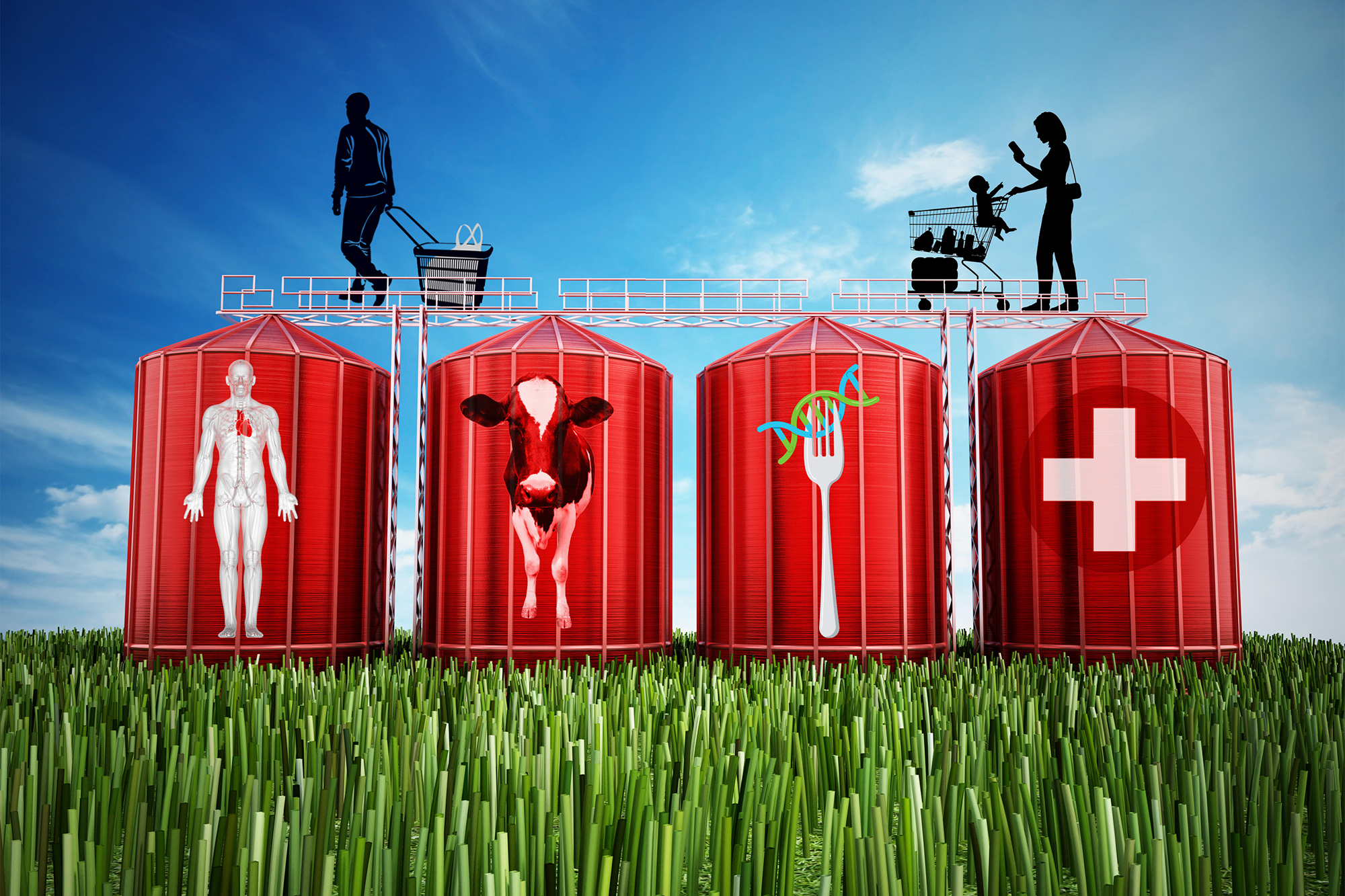
Emergency pesticide approvals: Is your health at risk?

The arrival of new pests and the phasing out of more toxic pesticides has forced Europe to resort to emergency approvals to deal with outbreaks.
Brussel sprouts besieged by whiteflies, apricots and prunes ravaged by cherry vinegar flies and carrots attacked by aphids: Swiss farmers are having a tough time dealing with pest outbreaks in the last couple of years. At their disposal are slightly more than 300 active ingredients that make up pesticides of various kinds.
This may seem like a lot but according to the Swiss Farmers’ Union, 208 active substances have been withdrawn from the Swiss list of authorised pesticides since 2005. They were either found to be harmful to human health and/or the environment or applications were simply not renewed. In the period 2013-2022 alone, 88 active ingredients were withdrawn compared to 41 new ones authorised during the same period.
This article is part of our dedicated coverage of developments in the food industry from a consumer’s point of view. Despite its small size, Switzerland occupies a substantial place in the global food basket. It is home to food and agriculture giants like Nestlé and Syngenta, as well a major players in chocolate and dairy. The country is also positioning itself as a food tech hub with many startups and a dedicated incubator in the form of the Swiss Food and Nutrition Valley. The Alpine nation is also the European hub for many commodity firms dealing with food products like soy, cocoa, coffee and palm oil.
“Researchers and the authorities are concentrating mainly on monitoring the effects of pesticides on the environment. We sometimes have the feeling that we’ve been forgotten,” says Nicolas Wermeille of the Swiss Farmers’ Union.
At the same time, around 700 applications for new active ingredients are pending approval from the Swiss authorities. The situation has become so bad that the Swiss Federal Food Safety and Veterinary Office has been forced to increasingly grant emergency authorisations for the temporary use of pesticides not on the approved list.
“A large proportion of emergency registrations are necessary because new crops are grown in Switzerland (such as walnuts or hazelnuts) or because pests have migrated from abroad such as the banana mealybug (Pseudococcus comstocki), cherry vinegar fly (Drosophila suzukii), or stink bugs (Pentatomidae family),” says Edi Holliger of the Swiss Fruits Association.
Risk to consumers?
While the pesticides accorded emergency approvals in Switzerland are not in the high-risk category, the same cannot be said of the European Union. In January, the Pesticides Action Network revealed that between 2019 and 2022, 14 out of 24 pesticides banned in the EU were granted a total of 236 emergency authorisations.
Besides banned pesticides, emergency approvals were also granted for agrochemicals among the list of 77 known as “candidates for substitution” that the EU wants to phase out as soon as safer alternatives are found. For example, the first two pesticides mentioned on the list; 1-methylcyclopropene and aclonifen were given emergency authorisations 15 and 14 times respectively in the EU.
It is a cause for worry when you consider that 86% of cereals, 87% of vegetables and 56% of fruits and nuts imported into Switzerland in 2022 came from the EU. According to an investigation by the advocacy group Public Eye, “more than 10% of imported foods tested by the authorities in 2017 contained residues of pesticides banned in Switzerland because of their harmful effects on health or the environment”.
Data from the Federal Food Safety and Veterinary Office also showed that 52 banned pesticides were found in that year’s testing. This is also why “anti-pesticide initiative” of 2021 wanted to stop the imports of food products containing harmful chemicals. Seems like Swiss consumers are concerned but not enough as the initiative only managed to win 40% of the nationwide vote.
More

In compliance with the JTI standards
More: SWI swissinfo.ch certified by the Journalism Trust Initiative


























You can find an overview of ongoing debates with our journalists here . Please join us!
If you want to start a conversation about a topic raised in this article or want to report factual errors, email us at english@swissinfo.ch.